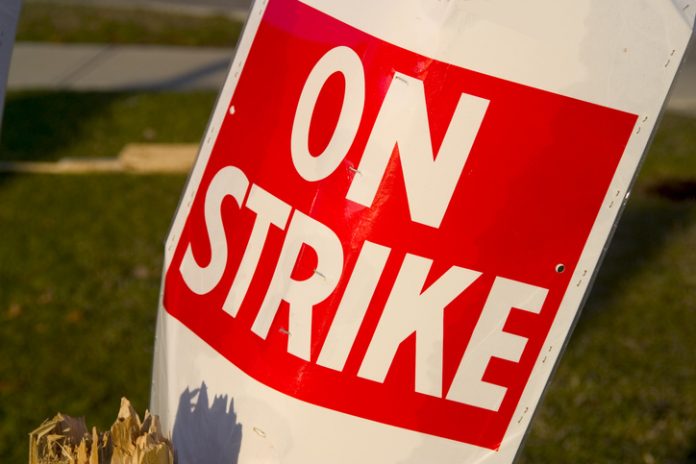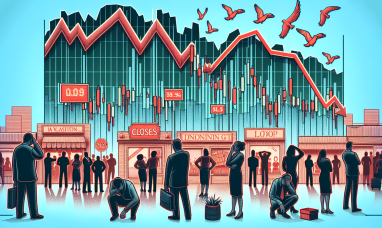Hollywood writers have achieved a pivotal moment in their fight for better terms, as a tentative agreement was reached with film and television studios. This could mark the end of an unparalleled strike that began in early May and lasted close to 150 days.
The intricacies of this agreement, facilitated with the Alliance of Motion Picture and Television Producers (AMPTP), which bargains for major studios such as Warner Bros. (NYSE:T), Disney (NYSE:DIS), Netflix (NASDAQ:NFLX), Amazon (NASDAQ:AMZN), Apple (NASDAQ:AAPL), NBCUniversal (NASDAQ:CMCSA), Paramount (NYSE:PARA), and Sony (NYSE:SONY), are currently being finalized.
The precise details are awaited with bated breath as both parties are in the process of drafting the final contract language.
Throughout the strike, the Writers Guild of America (WGA) remained resolute in its demands. These included a call for increased compensation, a boost in streaming residuals, more transparency concerning viewership data, assurances over minimum periods of employment, specific writing room staffing conditions, and robust protections concerning the deployment of artificial intelligence in their industry.
After more than a month of standoff and no direct communication, negotiations between the two sides were renewed last Wednesday, reigniting hopes for a resolution.
In a heartfelt letter dispatched to its members, the WGA expressed gratitude for the unity and steadfastness shown by its membership. The guild pointed out that the significant strides made in this contract, especially the gains achieved since May 2nd, were a testament to the collective strength and resolve of its members.
The letter highlighted the exceptional nature of the deal, stating it offers significant advancements and safeguards for writers across all sectors of the membership.
Parallel to the writers’ strike, actors, represented by SAG-AFTRA, continue their strike, which has now surpassed 70 days. Their demands resonate with those of the WGA, emphasizing higher streaming residuals, especially as direct-to-streaming content becomes mainstream, and safeguards around the evolving role of artificial intelligence in entertainment.
Speculations are rife that the actors’ strike might see a similar conclusion soon, given the developments with the WGA.
Both strikes have sent shockwaves through the entertainment industry. Experts and industry analysts have voiced concerns about the economic ramifications of these work stoppages.
The “double whammy” of strikes, as some commentators have termed it, is expected to have long-term financial implications. Kevin Klowden, the chief global strategist at the Milken Institute, recently projected that the combined effects of these strikes could bleed the national economy of more than $5 billion, primarily from lost wages.
Supporting this, data from the Bureau of Labor Statistics spotlighted a dip in employment within the motion picture and sound recording sectors, marking the first time the strikes visibly impacted the monthly jobs report.
Featured Image – iStock © tillsonburg
















